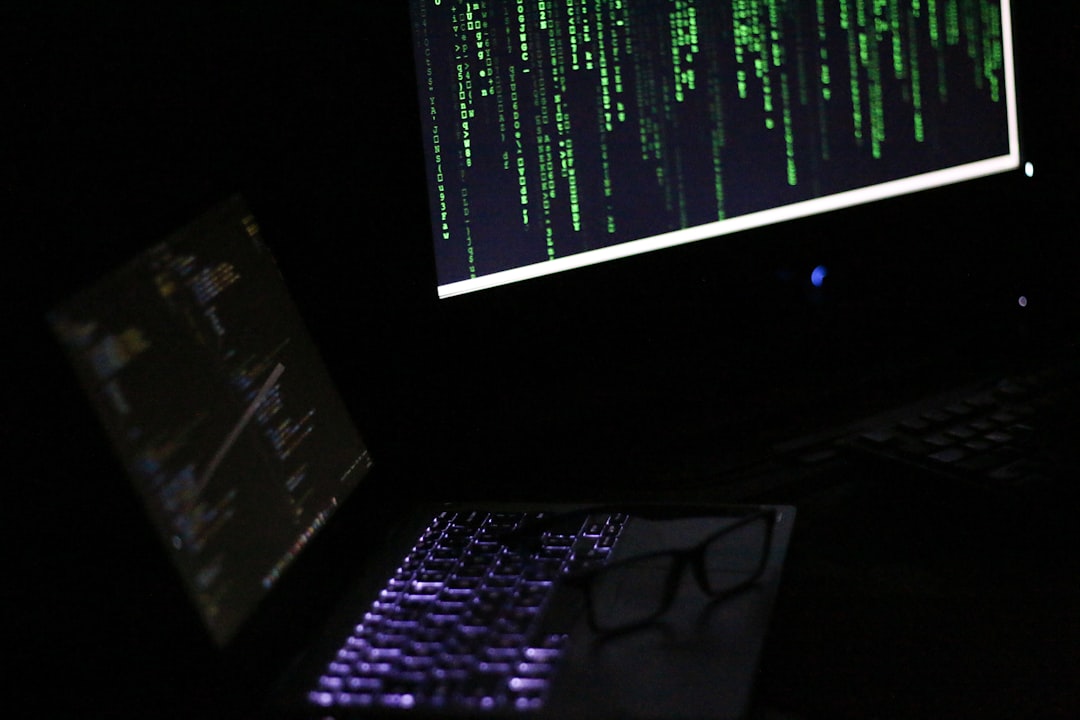In our hyper-connected digital world, privacy and data security have become top priorities. While cybersecurity technology has improved, so too have the tactics used by malicious actors — and even by corporations and governments. The year 2025 is seeing more individuals fall victim to cybercrimes and surveillance simply because they haven’t taken basic precautions like using a Virtual Private Network (VPN). Especially in the United States, the real cost of not using a VPN is becoming increasingly steep — financially, socially, and personally.
Here’s a closer look at what you risk by not using a VPN in 2025.
The Erosion of Privacy: It’s Not Paranoia
Without a VPN, every website you visit, every video you stream, and every file you download is traceable. In the U.S., Internet Service Providers (ISPs) are legally allowed to collect and even sell your browsing data without your consent. That means your digital behavior is a commodity — one you didn’t ask to sell.
More disturbingly, the U.S. government continues to expand surveillance capabilities under laws like the Patriot Act and various cybersecurity initiatives. Agencies can request your data and access your internet activity logs even without directly informing you.
With a VPN, your internet traffic is encrypted and routed through secure servers, making it nearly impossible for ISPs or governmental agencies to monitor your activity.
Financial Fallout: The Hidden Costs of Data Theft
Data breaches are nothing new, but in 2025, the stakes are higher than ever. Cybercriminals are targeting personal data en masse, and without a VPN, you’re an easy target. Public Wi-Fi networks — used in coffee shops, airports, and hotels — are especially risky zones. These networks often lack encryption, giving hackers a backdoor into your smartphone or laptop.
According to recent reports, the average American victim of identity theft can lose upwards of $3,500 and spend 200+ hours trying to resolve the consequences. These attacks don’t just affect your bank account; they can ruin your credit, lock you out of financial services, and result in long-term psychological stress.

Digital Profiling by Tech Giants
Every click you make online — every product you browse, every social post you read — feeds into vast databases maintained by tech giants like Google, Meta, and Amazon. Without a VPN, this digital profiling is more transparent and traceable. These companies build highly detailed consumer profiles, which are then used to tailor advertisements, influence buying behavior, and in some controversial cases, shape political opinions.
A VPN can mask your IP address and encrypt your data flow, reducing the granularity of data these companies can collect on you. If you’re concerned about manipulation and algorithmic influence, this is a critical step in protecting your mental and emotional independence online.
Regional Restrictions and Censorship
In 2025, the concept of a “free internet” feels more fragmented than ever. Many U.S. streaming platforms, websites, and online services impose geo-restrictions that hinder access when you’re outside specific regions. Conversely, websites tailored for other countries might not be available or fully functional within the United States.
Beyond entertainment, this impacts access to news, research, and educational content. VPNs allow users to digitally “relocate,” expanding your access to global information without censorship or restriction.

Risks to Remote Workers and Businesses
As remote work surges well into 2025, so does the vulnerability of unsecured networks. Employees working from home or co-working spaces may unknowingly expose sensitive corporate information. A single data leak due to a lack of encryption can cost companies thousands — sometimes millions — in lost business and damaged reputations.
Many U.S. firms now mandate VPN use for remote employees to ensure secure connections between users and internal networks. But for freelancers and small business owners, a VPN remains a vital personal responsibility.
What You’re Really Paying For
VPN subscriptions aren’t expensive, often costing less than a streaming service — but the cost of not investing in one can be severe. Here’s a summary of what you risk:
- Invasion of privacy by ISPs, advertisers, and governments
- Higher vulnerability to cyberattacks and identity theft
- Loss of access to geo-blocked or censored content
- Corporate profiling and behavioral manipulation
- Risk to business data and professional reputation
Think of a VPN not as a luxury, but as a necessity — your own digital bodyguard in a world where your data is currency.
Final Thoughts
As we move deeper into 2025, the online landscape is becoming more competitive, more invasive, and more dangerous. In the United States, your privacy is not always protected by law — but with a VPN, it can be protected by encryption. Whether you’re a casual internet user, a remote worker, or a savvy entrepreneur, the real cost of not using a VPN isn’t just about money. It’s about safeguarding your future online.
